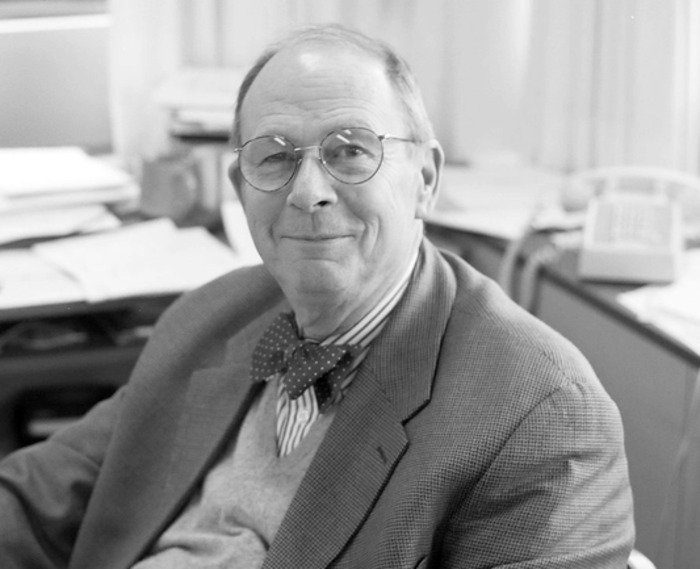ITHACA, N.Y., Feb. 22 (UPI) -- Robert C. Richardson, who shared a Nobel Prize for turning helium into a liquid state never seen before, has died, Cornell University reported. He was 75.
The university, where Richardson had been a physics professor since 1968, said he died Thursday in Ithaca, N.Y., of complications of a heart attack suffered three weeks ago.















